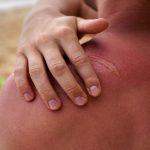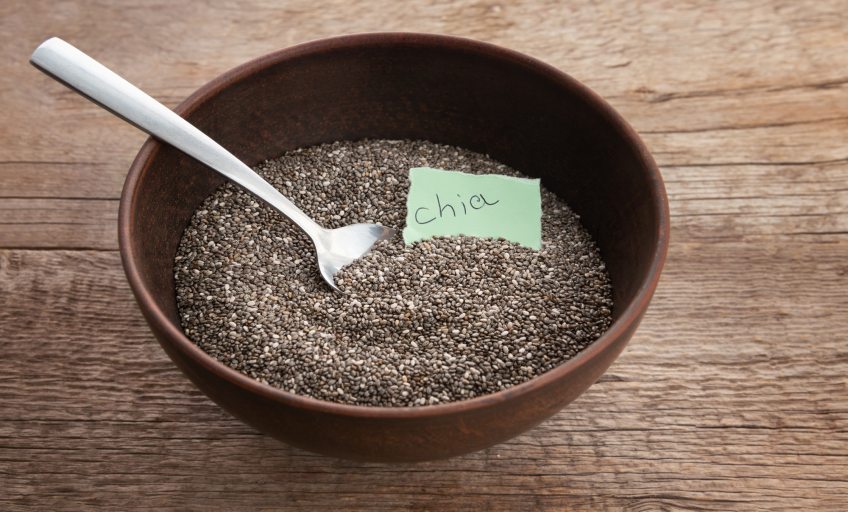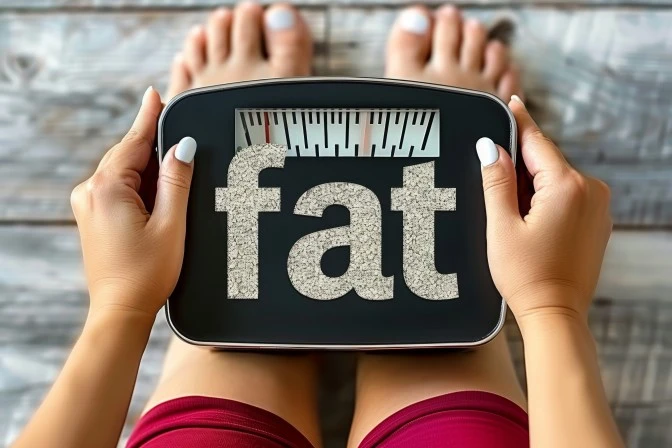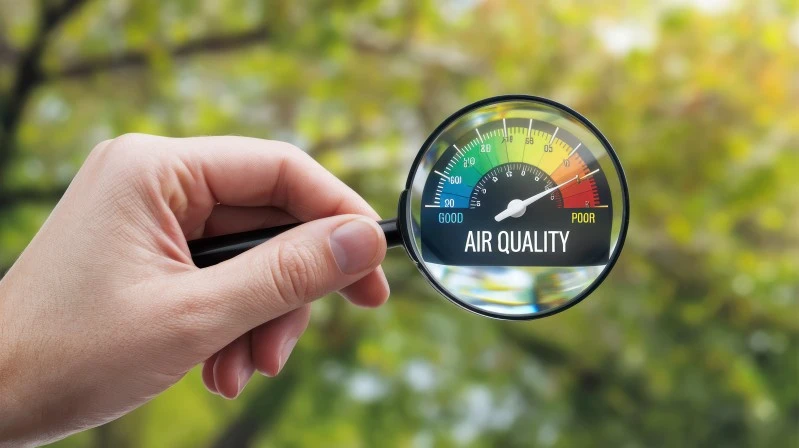Summer is a season that many eagerly anticipate because it means longer days, vacations, and a more relaxed atmosphere. Still, it can also pose risks if you do not take precautions. The summer frequently leads to a heightened risk of heat-related illnesses. But on the bright side, you can make the most out of water adventures and outdoor activities.
How does summer affect children
Summer can have both positive and negative effects on children. On the one hand, it offers them a break from school, allowing for enjoyable outdoor play, holidays, and time spent with family and friends. On the other hand, the high temperatures and intense sunlight can pose health risks and disrupt children’s routines.
Increased chances of sunburn
Summer brings more extended hours of daylight and increased UV radiation levels, raising the risk of sunburn. Children are particularly vulnerable to sunburn because their skin is more sensitive than that of adults. Sunburn can result in pain, blistering, and long-term damage to the skin, including an elevated risk of skin cancer. To protect children from sunburn, apply sunscreen regularly, dress them in protective clothing, and avoid being outdoors during peak summer heat.
Disrupted sleep pattern
Summer holidays can disrupt children’s sleep patterns, resulting in difficulty falling asleep and waking up. When school is in session, children are accustomed to a routine that includes rising early, attending school, and going to bed at regular times. During the summer holidays, children may stay up later and sleep in, which can cause a shift in their circadian rhythms or body’s internal clocks. To help children maintain healthy sleep patterns during the summer, it is crucial to establish a consistent bedtime routine and avoid electronics before sleeping.
Higher chances of dehydration
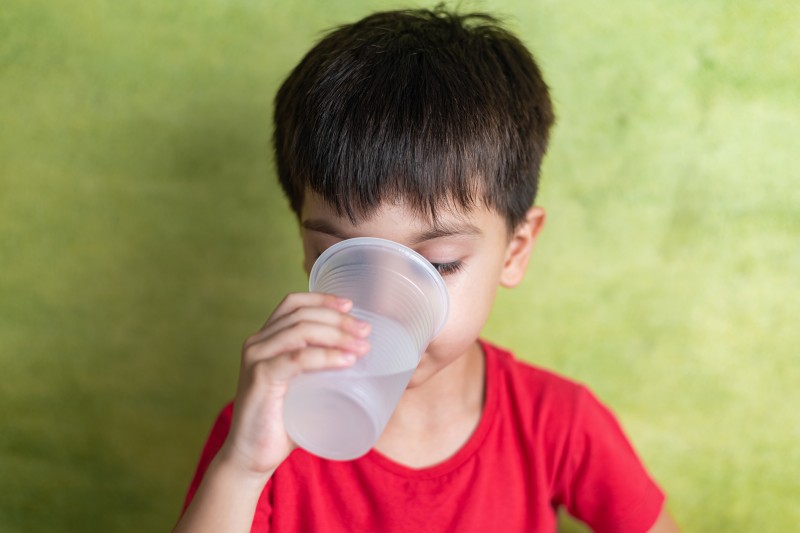
Higher temperatures and outdoor activities during the summer can result in an increased risk of dehydration among children. Children may not recognize the signs of dehydration, which include a dry mouth, fatigue, and reduced urine output. To prevent dehydration, children must consume plenty of water and avoid sugary beverages and caffeine. Parents should encourage their children to take regular breaks during outdoor activities and to remain in shaded areas wherever possible.
Best summer tips
While we all look forward to slurping ice creams and drinking cold drinks, you must exercise caution to protect yourself. Adhere to the tips for the summer season below to safeguard yourself and others during travel.
Drink lots of water
During the summer months, it is vital to stay hydrated to avoid dehydration. Drinking plenty of water is the most effective way to maintain hydration. Carry a water bottle with you at all times, and consume water regularly throughout the day. Steer clear of sugary drinks and alcohol, as they can contribute to dehydration.
Always wear sunscreen
Sunburn is one of the most prevalent health issues during the summer. It can lead to itchy, red skin and heighten your risk of skin cancer. To prevent sunburn, apply sunscreen with an SPF of at least 30 whenever you go outside. Reapply sunscreen frequently every two hours or more if you are swimming or perspiring. Don protective clothing, such as hats and sunglasses, and seek shade during the hottest parts of the day.
Note: Some individuals may be sensitive to the chemicals in sunscreens, causing allergic reactions or irritation.
Dress comfortably

Wear comfortable cotton attire to safeguard your skin during the summer months. Opt for lightweight, loose-fitting garments that permit your skin to breathe. Light-colored clothing reflects sunlight, helping to keep you cooler. Steer clear of dark hues, as they absorb heat and can make you feel warmer. Furthermore, wear a hat to shield your head and face from the sun’s rays and sunglasses to protect your eyes.
Keep cool
Staying cool during summer is important to prevent heat stroke and other heat-related illnesses. Stay indoors during the hottest parts of the day or spend time in air-conditioned places, such as shopping centers or cinemas. If you do not have air conditioning, take a cool shower or bath or use a fan to circulate the air. Avoid strenuous activities during the hottest periods and take frequent breaks if you must be outside.
Look out for the elderly and children
Elderly individuals, young children, and those with certain health conditions are more susceptible to heat-related illnesses. If you know someone vulnerable, make it a point to check on them regularly during the summer to ensure they remain cool and hydrated. Encourage them to stay indoors during the warmest parts of the day, and offer to assist them with any necessary tasks.
Take care of your skin
The sun can damage your skin, leading to premature aging, wrinkles, and skin cancer, so you must care for your skin during summer. Avoid tanning beds, which can also increase your risk of skin cancer. Moisturize your skin regularly to keep it hydrated, and refrain from using harsh soaps and exfoliants that can harm your skin.
Exercise caution during outdoor activities
Summer is an excellent time for outdoor activities like hiking, cycling, and swimming. However, you must take summer precautions and exercise caution to avoid accidents and injuries. Ensure you wear appropriate safety gear, including helmets and life jackets, and remember to stay hydrated and take breaks when necessary.
Embrace summer with caution
Summer can have both positive and negative effects. It is essential to take precautions to safeguard against the adverse effects. At the same time, one should engage in outdoor physical activities to promote overall health and well-being.
Key Takeaways
- Summer can lead to greater sunburn, disrupted sleep patterns, and increased dehydration in children.
- As you head out, remember to stay hydrated, apply sunscreen, dress comfortably, and keep cool.
- Keep an eye on the elderly and children, take care of your skin, and exercise caution during outdoor activities.
Stay tuned to the Activ Living Community. Keep up to date with the latest health tips and trends through expert videos, podcasts, articles, and much more on nutrition, fitness, mindfulness, and lifestyle conditions like Asthma, Blood Pressure, Cholesterol, and Diabetes. Activ Living ke saath sahi sehat ki shuruat ABHI karo.
You may also be interested in the following blogs:
- Good Riddance To Foodborne Diseases! Follow These 3 Summer Food Safety Tips
- Do Summers Increase Digestive Problems?
Popular Searches
How to lower blood pressure | Fruits good for liver | Unhealthy foods | Ragi Benefits | Basal Metabolic Rate | Acupressure points for High Blood Pressure | Ayurvedic medicine for blood pressure | How to control cholesterol at home | Homeopathy for Asthma | Biological Age | Home remedies for TB | Natural beta blockers | Negative effects of internet | Types of walking | Blood pressure calculator | Blood sugar calculator | BMI Calculator





 1800-270-7000
1800-270-7000



